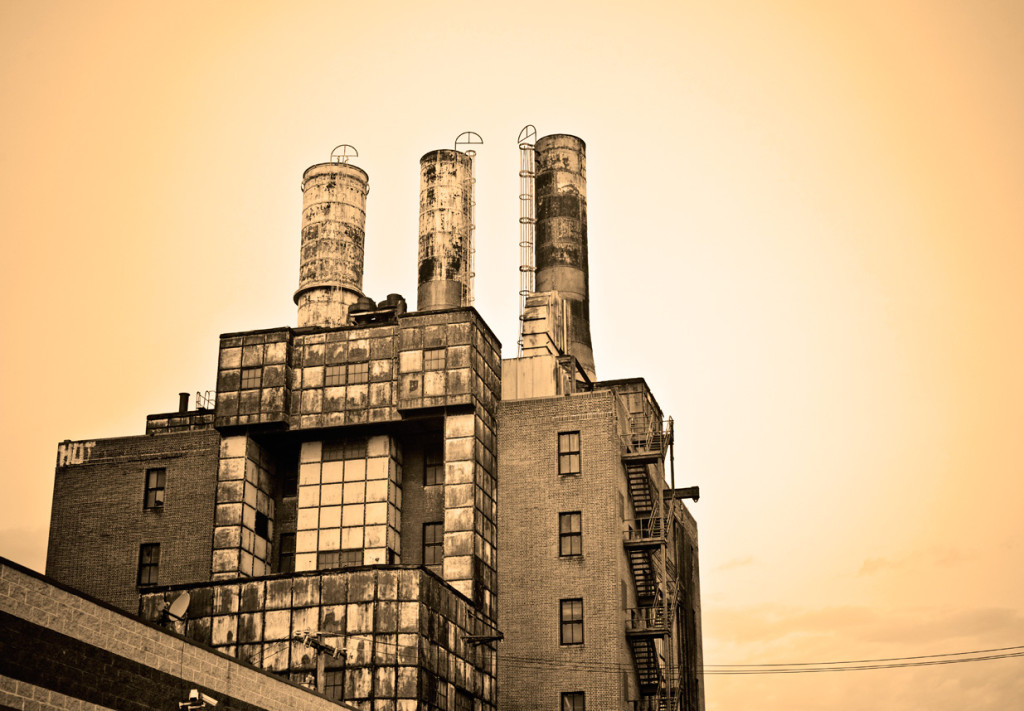High-risk Workplaces
For much of the 20th Century, men and women across Alabama supported their families with hard work in High-risk Workplaces. In factories, plants, construction sites, auto repair shops, railroad yards, shipyards, and in literally thousands of locations, employees went to work not knowing they were exposing themselves to asbestos.
Tiny particles of asbestos dust filled the air. These men and women were risking their lives by simply breathing in that dust.
Doctors don’t know why some people become sick with asbestos-related diseases like lung cancer and mesothelioma, and others don’t. But they do know asbestos diseases kill. And they also know that workplaces from the Tennessee Valley to the Gulf Coast used products containing asbestos  every single day.
every single day.
Alabama workplaces are much safer today because asbestos is no longer used. But the damage has been done to the men and women who were exposed to asbestos until the early 1980s.
Today, some of the men and women who worked around asbestos are sick with asbestos-related illnesses because they worked in High-risk Workplaces. Although they were exposed to workplace asbestos many years ago, they are just now  being diagnosed with mesothelioma or lung cancer. That’s because asbestos-related cancers often don’t appear for several decades after exposure. For example, it is common for someone to have had a job in the 1940s, 1950s, 1960s, or 1970s and not be diagnosed with mesothelioma or lung cancer until today.
being diagnosed with mesothelioma or lung cancer. That’s because asbestos-related cancers often don’t appear for several decades after exposure. For example, it is common for someone to have had a job in the 1940s, 1950s, 1960s, or 1970s and not be diagnosed with mesothelioma or lung cancer until today.
If you worked in any of the following jobs at any time, no matter for how long, and have been told you have mesothelioma or lung cancer, you may qualify for large cash settlements. Or, if you are a family member of someone who worked in these jobs and recently died of either of those diseases, you also may qualify for cash settlements.
This is a partial list of high-risk jobs in Alabama:
- Plumbers
- Refinery workers
- Factory workers
- Employees at industrial plants
- Steelworkers
- Blast furnace workers
- Textile mill employees
- Employees at tire and rubber plants
- Construction workers
- Roofers
- Auto mechanics (particularly brake mechanics)
- Railroad workers
- Workers in shipyards
- Paper mill employees
- Manufacturing jobs
- Utility employees
- Chemical plant employees
- Welders
